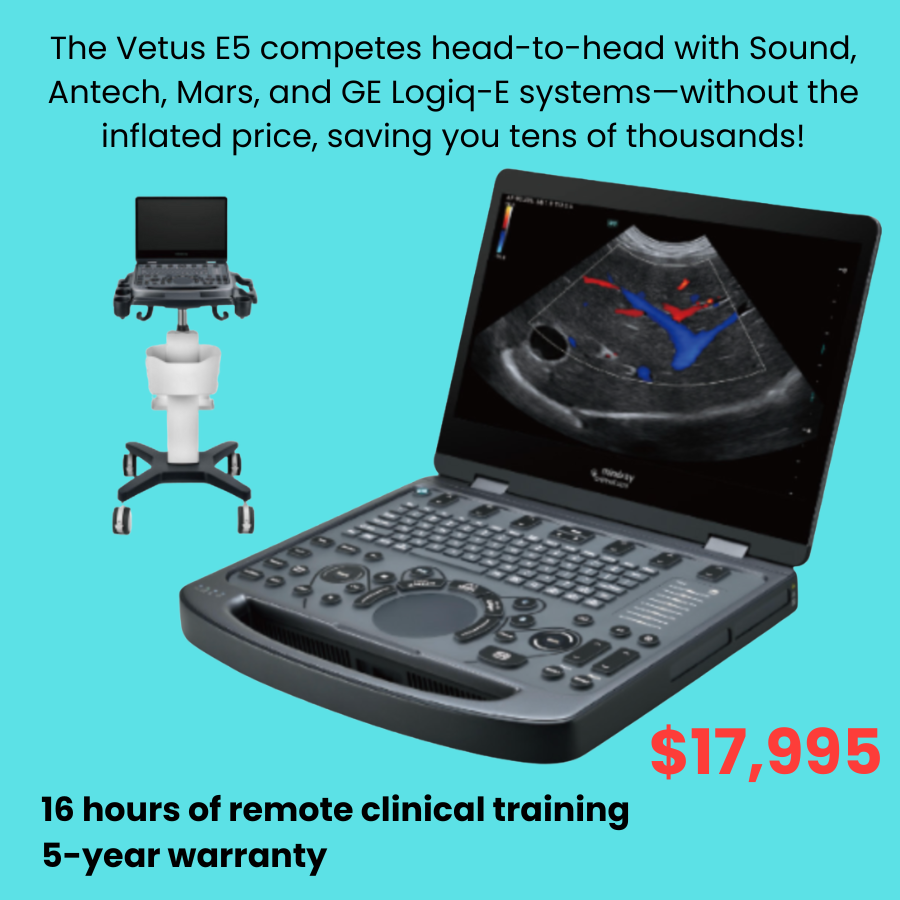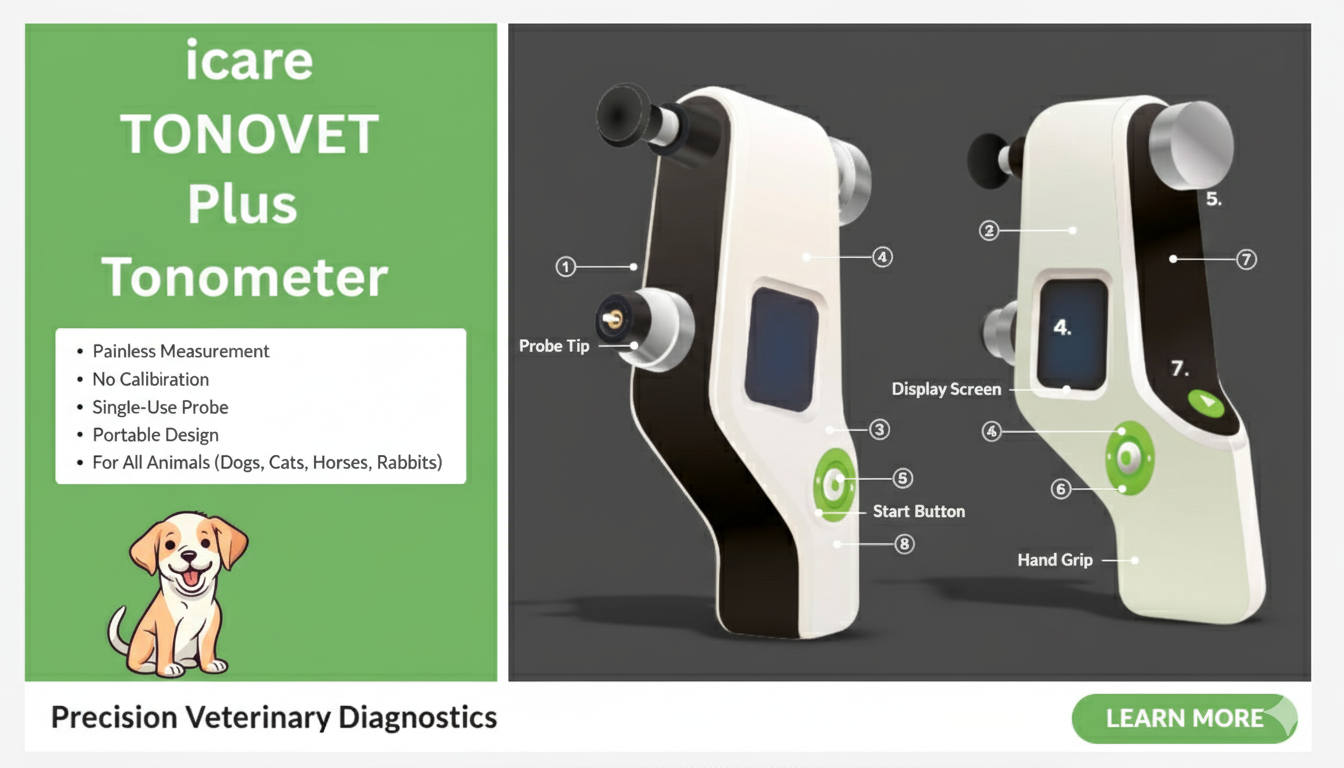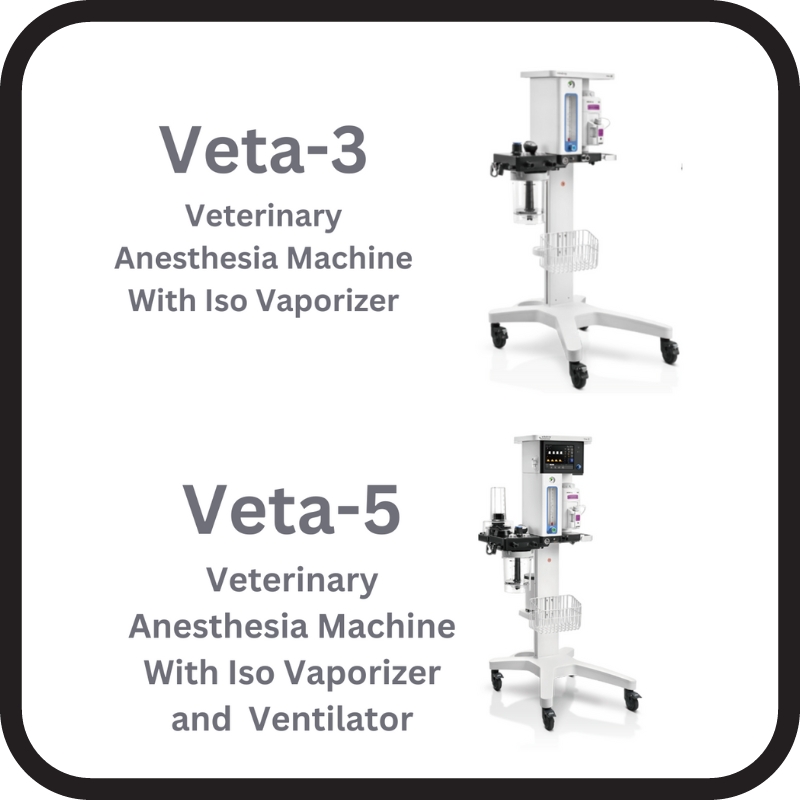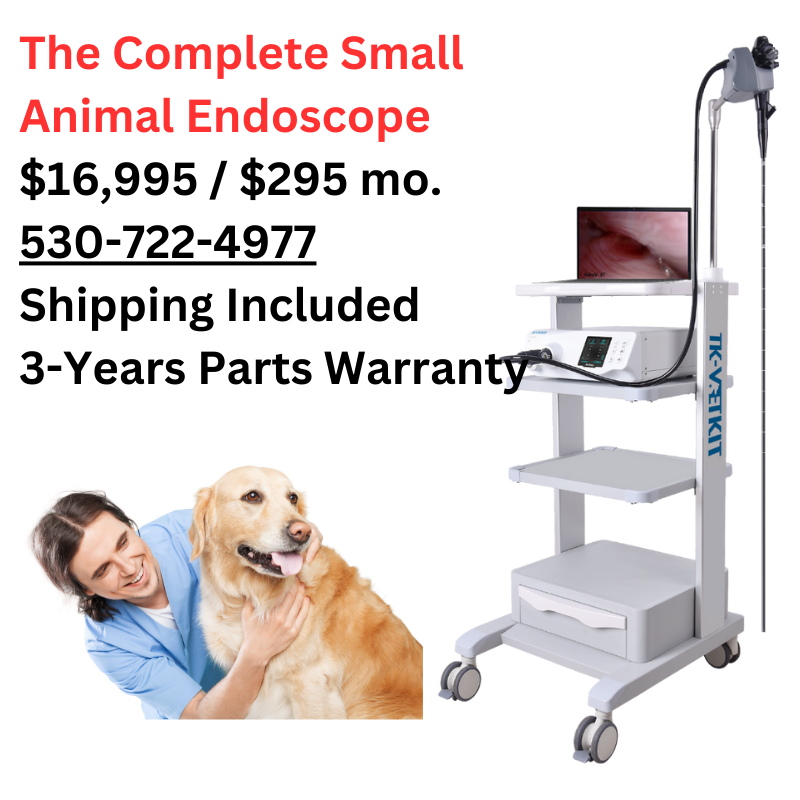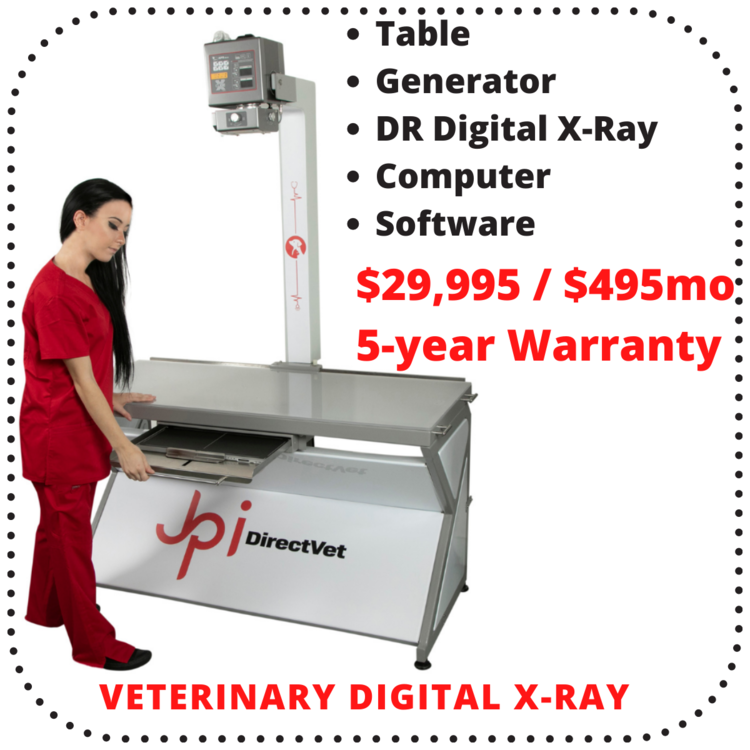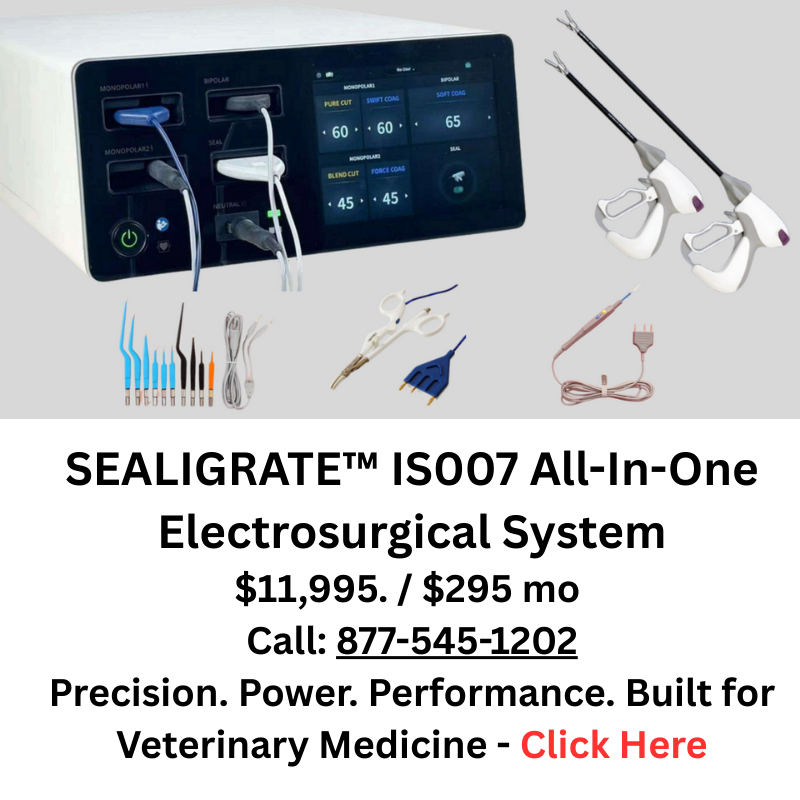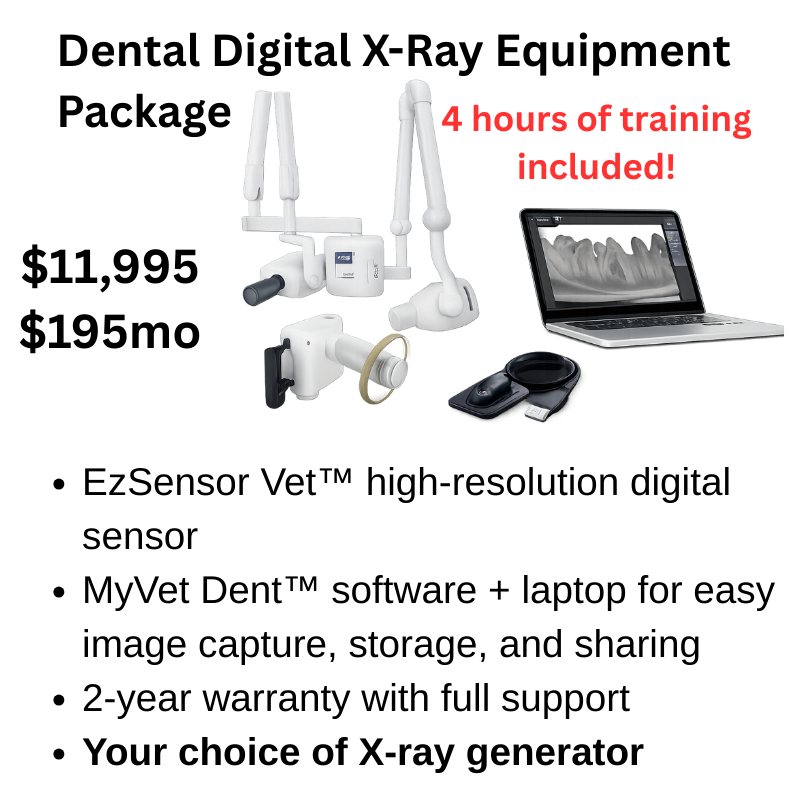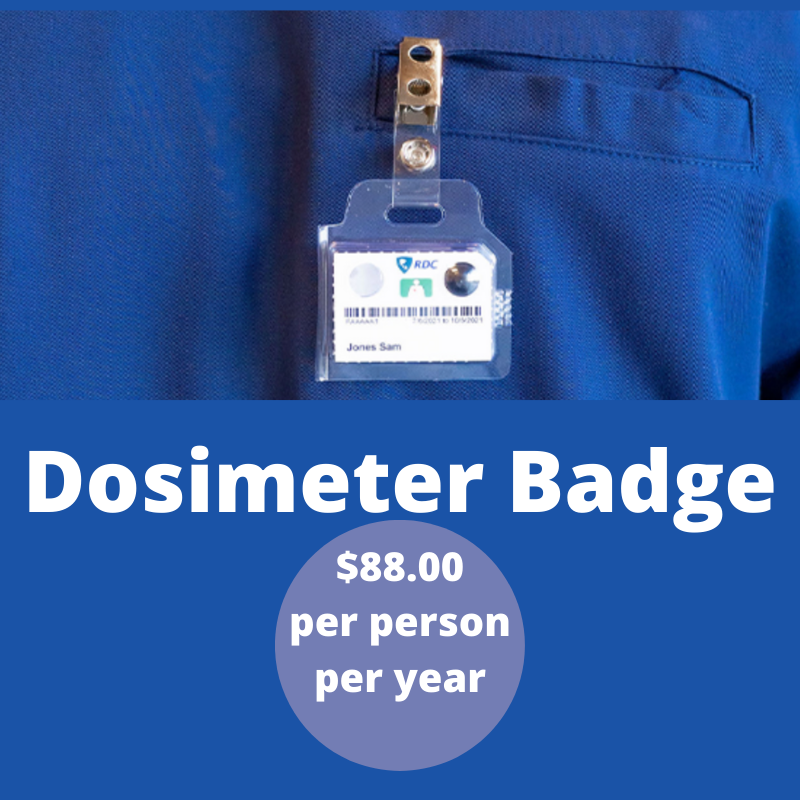Do You Need to Be a Vet to Own a Vet Clinic? Here’s the Answer!
/Table of Contents
For some business entrepreneurs, the idea of owning a veterinary practice would be a dream come true. Vet clinic ownership can match strong business skills with a love for animals, and a desire to ensure that they are receiving the best care. However, this type of business arrangement is not possible in most of the country.
There are currently 15 states that allow a non-veterinarian to own a veterinarian practice. Most states prohibit the Corporate Practice of Medicine (CPOM) to keep the focus on outstanding medical care rather than profits. Laws vary by state, with some alternative forms of ownership being possible.
Any person desiring to buy into a veterinary practice must consult a qualified lawyer who can help ensure that the business acquisition is legal and beneficial for all parties concerned. For those who desire to purchase all or part of a veterinary practice in a CPOM state, there are other legal options that may allow you to share in this exciting and lucrative field of medicine.
Reasons For Purchasing As a Non-Vet
Some veterinary clients may be very confused as to why a non-vet is purchasing the practice that they frequent with their pets. There are several reasons why purchasing a veterinary practice makes good business sense, even for non-vets.
It is a perennially lucrative business. There are millions of pets and livestock animals, all of which need care from time to time. This means that a well-trusted veterinary business can reliably earn large profits for the lifetime of the business.
It is seen as a good business as part of a diversified portfolio. The practice owner may want to sell the business interest to an investor who is not interested in running the practice. The investor manages the financial risk, while the vet practices medicine and receives a comfortable salary and easy exit.
Reasons For Selling to a Non-Vet
While every state encourages veterinarians to set up and own their own practices, some vets hit a big roadblock when they begin to consider retirement. In states where sale to a non-veterinarian is disallowed, they may have a much more difficult time finding someone who is ready and willing to invest in the practice.
Non-veterinarians who desire to purchase and run veterinarian practices as a business are pushing back against state regulations to do just that, and there are multiple reasons why.
As state veterinary boards change hands, sometimes the regulations do too. Many non-veterinarians are willing to escalate the challenge to see if a compromise can be made, especially if the state government has recently changed.
Often state laws are difficult to interpret. Occasionally a loophole can be found that allows for non-veterinarian ownership. Some find this approach worth the trouble and risk. A lawyer in the state should be able to help find the right approach for you that minimizes risk.
Some states have strict laws that are inconsistently enforced. Non-veterinarians may go ahead and buy the business, counting on a lack of oversight. However, if the state decides to check into the business arrangement, the owner can find themselves in big trouble, with no excuses to fall back on.
Some states may be willing to revisit the complicated issue and change regulations if a legal team is able to show that the laws can be changed and premium medical care can still be provided for the animals.
An employee of the practice may be adept at practice management, and have the desire and means to buy the practice when the veterinarian is ready to exit. In states that disallow this, a very well-qualified potential owner or shareholder is blocked from engaging and investing in practice ownership.
Corporate Practice of Medicine
The Corporate Practice of Medicine is a legal doctrine that prohibits any doctor or practitioner from providing services as an employee of a corporation or a business where not all of the owners are practitioners.
This also means that a non-practitioner cannot purchase or start a business in any medical field and then hire practitioners to work in the office. Neither can a practitioner hire employee practitioners with licenses that exceed his own. In other words, a chiropractor cannot purchase a veterinary practice and then hire a veterinarian to provide medical care to patients.
CPOM restrictions include:
Medical doctors
Chiropractors
Dentists
Dermatologists
Radiologists
Anesthesiologists
Optometrists
Psychologists
Veterinarians
Many other medical fields
This doctrine is an important safeguard for the welfare of patients. It seeks to ensure that patients will receive premium care that is dictated by licensed physicians, and not by a board of directors or non-medically certified owners who are more concerned with profits than with patient outcomes.
However, not all states are as strict in this regard. Some states allow for non-practitioner ownership, as long as all medical decisions are completely out of the hands of non-licensed practitioners. In other words, there has to be a wall between the business handling and the medical handling of the practice, with no mixture.
Any person seeking to purchase a veterinarian business in any state must consult with an experienced lawyer who can help safeguard both business interests and the integrity of the practice. Laws are different in every state and must be researched and understood thoroughly before any investment is made.
Possible Paths to Ownership As a Non-Veterinarian
You may know a non-veterinarian who is operating a veterinary clinic in a CPOM doctrine state. If so, they probably took advantage of one of the following methods for partially operating or buying a share of a practice.
Purchasing a 49% or less share as a non-veterinarian, provided that the other 51% controlling share is owned by licensed veterinarians. This may be allowed in some states, as long as the medical decisions are not being made by you in any way. Consult a lawyer before taking this risk. Laws vary by state.
It may be legal to split the practice in half. This would create a medical portion and a business services portion. The two portions would be separate companies. The business administration portion could be owned by a non-vet, and take care of all administration and payroll, except the veterinarian payroll.
You could also create a separate company that contracts with the veterinarian to provide all office, business, and payroll services, except the payroll of the veterinarian. In this arrangement you would be paid in a service fee arrangement by the veterinarian who owns the medical practice.
Purchasing a Veterinarian Practice In a Non-CPOM State
Perhaps you know of a practice that is for sale because the veterinarian is ready to exit. You may be willing to move to a less-regulated state in order to make your dreams of practice ownership come true. In any case, the purchase of a veterinarian practice can take quite a few different forms.
Do not purchase any veterinarian practice without first obtaining legal counsel. You could find yourself liable for outstanding debts, taxes, or legal actions taken against the previous owner. A qualified lawyer can draw up a custom contract that secures indemnity for you in your new purchase.
There are multiple ways in which you can purchase a veterinary practice in whole or in part as a non-veterinarian if the state allows you to do so.
Purchase a share. This could happen as a partner buy-out, or a partial buy-in of a practice, with a veterinarian or other partners owning other shares of the business.
Purchase only the practice. Perhaps the practice is for sale, but not the real estate. In this case, you would be purchasing the business portion of the business, and renegotiating building leases, etc. This kind of sale is analyzed by the books, just like any other business purchase.
Purchase only the real assets. In this case, the veterinarian may retain the business itself, and you buy-in on the building/property, and physical assets. As with any arrangement, be sure a lawyer draws up the contract so that it is clear who owns what, and who controls what.
Decide what happens to employees before you sign the contract. Will you be liable for severance packages after you take control of the business? It is common for vets to try to avoid employee termination expenses, but this negotiation should be part of the purchase contract agreement.
Non-competition Agreement
If you are purchasing a practice from a veterinarian, be sure to secure a non-competition agreement with that vet before you sign on the line. There is nothing more disheartening than to make a handshake agreement, take over the liability of one practice, only to have the vet turn around and start a new thriving practice in town.
Nothing keeps the vet from doing this very thing and taking their clients with them unless you have secured a non-competition agreement. Don’t be shy about asking for it, or having your lawyer demand it on your behalf. Refusal to provide this assurance should be a red flag warning to you.
Do a Competition Survey
Before you invest in a veterinary practice, be sure to look around the area and make sure it is not already saturated with vet practices. Especially in a state that makes it easy to do business, you may find stiff competition.
Do you research and know your market before you invest. Vet practices can handle all different types of animals, so if you’re purchasing in a domestic pet saturated market, consider pivoting to exotic animals or farm animals if the market in the area can sustain such a vet practice.
Assemble Your Team
If you’re lucky, you may be able to buy into a practice where you already know the team and have a good working relationship. This is an ideal and rare situation. In this case, as you transition you can personally assure and reassure each team member going forward.
Most likely you’ll be purchasing a business full of employees who are very skeptical of your intentions and skills, especially since you are not a veterinarian. You are wise to attempt retention of as much staff as possible. This will help you also to retain as many current customers as possible.
However, office staff and qualified veterinarians are not your only concern when purchasing a veterinary practice. You also want to make sure you have the following people on your side, or able to consult with you as needed.
Lawyer or legal team. Do not go into practice ownership of any kind without obtaining legal counsel. Do not sign any contract of any kind without having your lawyer review it. Ideally, your lawyer will draw up a contract that is specific to your purchase, and will ensure your indemnity.
Business Consultant. Whether you’ve owned many businesses before, or this is your first, a solid, qualified business consultant can make all the difference for you as you think and plan going forward. Be sure to select a business consultant that specializes in veterinary practice ownership.
Insurance Agent. Whether you’re purchasing a full practice, only a share, just the practice, or just the physical assets, you need to make sure that your investment is protected against losses. Consult an insurance agent, and consider getting a second opinion before you begin that insurance contract.
Banker or Loan Officer. You have your business plan in place, now you need funding. Consider your loan options carefully. Be sure you understand your payment details, interest rates, etc. A great loan officer will walk you through everything and help you make the best decisions for your situation.
Veterinarians. If you are purchasing all or part of a practice, and the veterinarian owner is stepping away, you won’t be in business for long without a veterinarian or team of veterinarians to run the medical practice. Your selection will have a large impact on your office staff retention, so choose wisely.
Office Manager. Considering that you are purchasing as a business partner and not part of the medical team, you may be planning to work in your business as an office manager or similar role. If not, choose an office manager with experience in the veterinary field, who can help retain current employees and clientele.
CPA. Getting a veterinary CPA should be among your top priorities. Just like a lawyer who will make sure both your practice and your contracts comply with the law, your CPA will make sure that the numbers are adding up correctly, and in your favor. They also know tax law, making them a must on the team.
Find a Practice For Sale
Let’s assume that you know for sure that you’re ready to buy, and you even have your bank credit all lined up. Now it’s time to find a practice for sale. This can be the most daunting part of the process. Take your time and do your best to think clearly from start to finish. Don’t jump at the first opportunity you find. Take the time to make sure the opportunity is right for you. Still, finding the opportunity may take some persistence.
Choose the city or neighborhood in which you want to own your practice. If you are going to take a personal hand in running it, you’ll want to choose a location where you want to live, and then persist in hunting until you are able to find a practice that suits you in the area that you want.
Start talking to your friends who have veterinarian connections. It may be word-of-mouth and having a personal connection to someone that convinces a ready-to-retire vet that the time is right. You never know who might be thinking of retirement or selling a share, but hasn’t taken the time to put it up for sale.
Begin networking with vets who are currently in business. Get to know them, ask questions, and become a friend and community member. As you get to know people in the veterinary business in your area, begin to make it known that you’d like to buy a practice or a share.
Subscribe to veterinary journals and publications. Especially if you’re willing to relocate to an area with a practice that you’re interested in, this is likely where you’ll find practices advertised for sale.
Search online for practices for sale. Do your due diligence and be careful what information you give out as you shop for practices online.
Hire a broker. There are veterinary practice brokers available that can help match up sellers and buyers, and work out contracts, etc. These are usually legal brokers who specialize in these types of transactions.
Conclusion
If you are considering purchasing all or part of a veterinary practice, and you are not a licensed veterinarian, there are plenty of legal ways to do so. The easiest way is to move to a state that allows for ownership by non-veterinarians. In this case, the process is much the same as purchasing any other business for your portfolio.
If you live in one of the majority of states with strict regulations on who can and can’t own a medical practice, it is important to know the laws. Make sure that whatever arrangement you arrive at with the counterparty and your lawyer is legal in that state. In this way, you can fulfill your dreams of veterinary practice ownership, and profit from this thriving business for years to come.
Sources
https://mcgaunnschwadron.com/how-do-i-buy-a-veterinary-hospital/
https://www.praxisvet.com/veterinary-practice-transition-blog/the-legalities-of-buying-a-practice
https://successinveterinarypractice.com/can-a-non-vet-own-a-vet-practice/
https://mahanlaw.com/practice-areas/buying-a-veterinary-practice/asset-purchase-v-share-purchase/
https://www.healthcarelawnj.com/can-corporation-doctor/
https://www.sgu.edu/blog/veterinary/advice-for-starting-a-veterinary-practice/
https://veterinarians.uslegal.com/state-laws-on-regulation-and-licensing-of-veterinarians/








